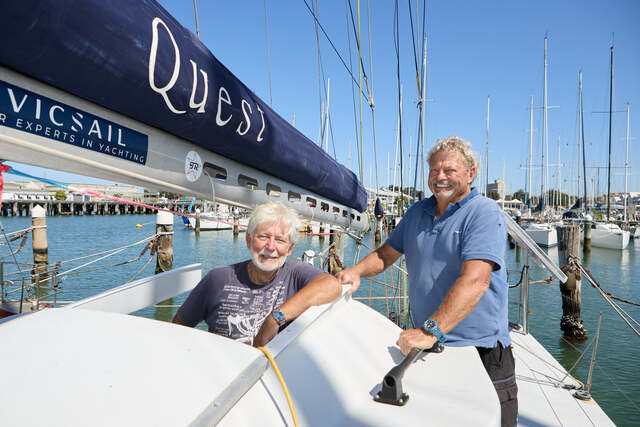SPEAKING with the Weekly in the wake of Ted Baillieu’s dramatic resignation as premier last week, western suburbs Liberal MP Andrew Elsbury was at pains to sell new Premier Denis Napthine as proactive and decisive.
He said a forthright Dr Napthine will “make decisions quickly”.
“What we are going to see is a different management style.”
Implicit in the comments is an awareness the community has turned from the government, driven in no small part by an overwhelming sentiment the former premier was a decision-averse “ditherer”.
But what will a change of premier mean for Melbourne’s west, the nation’s fastest-growing region?
Mr Elsbury suggests there are a number of projects in the pipeline showing the government is serious about its commitment to the area.
Does the evidence support this?
In Parliament last week, Williamstown MP Wade Noonan asked Environment Minister Ryan Smith what the government was doing about the disgraceful air pollution situation in Brooklyn.
The minister predictably shot back with the government’s default response to every matter from dental care to the state of schools — what had Labor done in its 11 years in power? A legitimate question; yet all too often a crutch for dodging scrutiny and avoiding action.
It’s the political equivalent of children refusing to clean their room because their siblings were yet to.
The same applies with Planning Minister Matthew Guy’s justification for accepting large donations from developers — effectively ‘they did it, too’.
As an election campaign slogan, “11 years of Labor neglect” has a certain ring to it. But with the Coalition more than two years into government, it is fair to ask when the governing might begin.
This ever-ready riposte adds to the uncomfortable sense for some that this is an accidental government, until last week led by an accidental Premier, behaving as though still in opposition.
The Liberal Party knows a population explosion in Melbourne’s west makes it likely to be the key battleground in which future governments are won and lost.
In scrambling to make up ground in the region, its key message is that Labor has long taken the area for granted. Pushing this line helped gain a second upper house seat in the region, delivering the balance of power.
But it will need to offer more than just finger-pointing and a knee-jerk reduction of all matters to Labor’s past inaction. The west’s communities need and deserve some sign both parties are serious about clear, decisive steps forward.
With a new premier at the helm and the budget barely two months away, the government has a chance to show it’s serious about tackling the west’s backlog of neglect. It is perhaps a last roll of the dice to show it has more to offer than point-scoring hot air.






